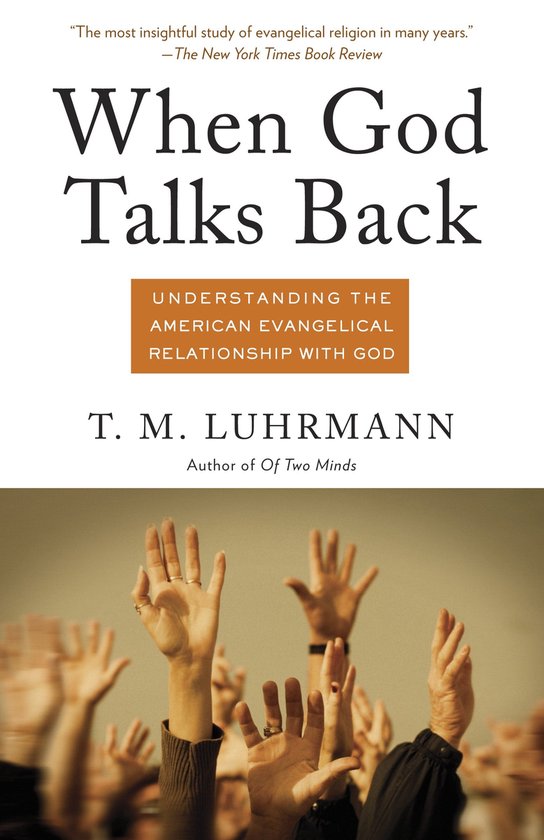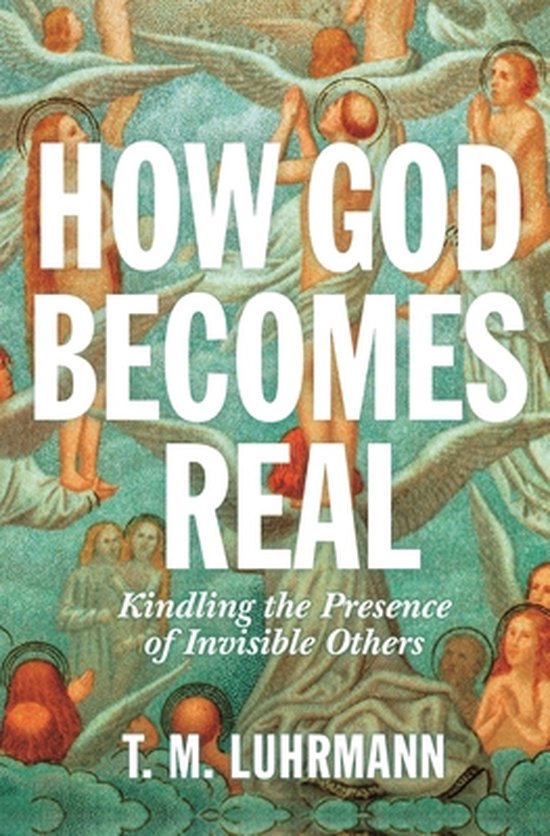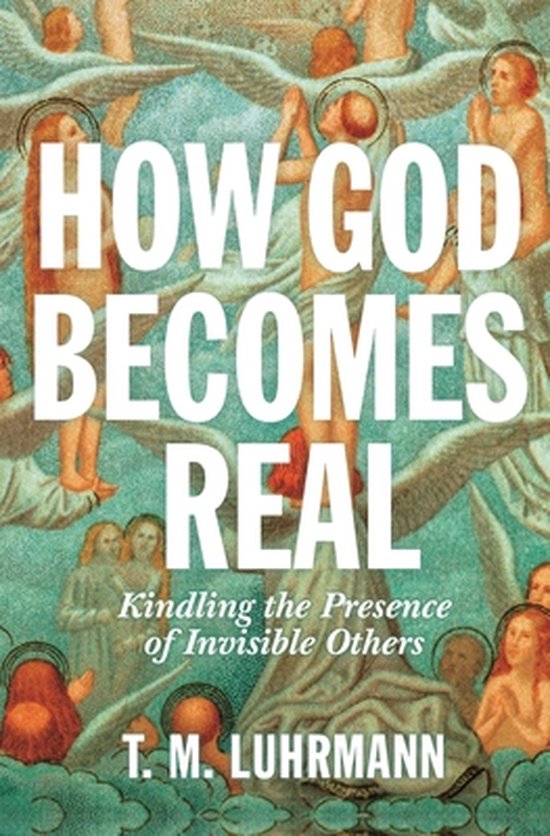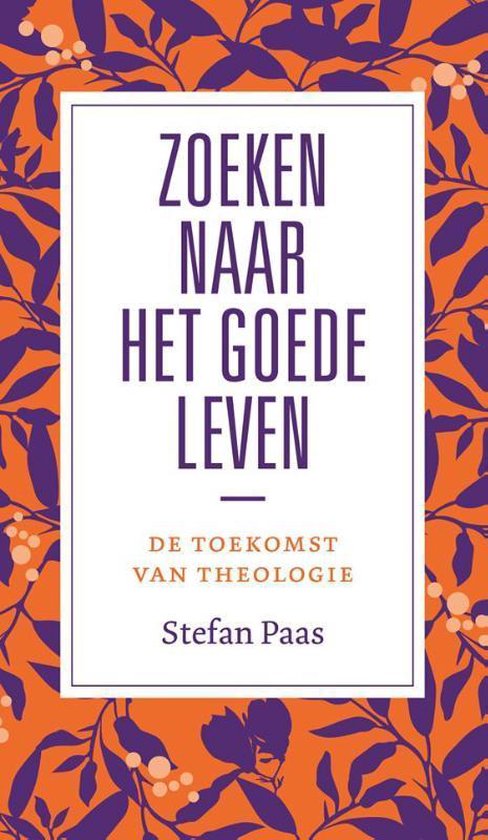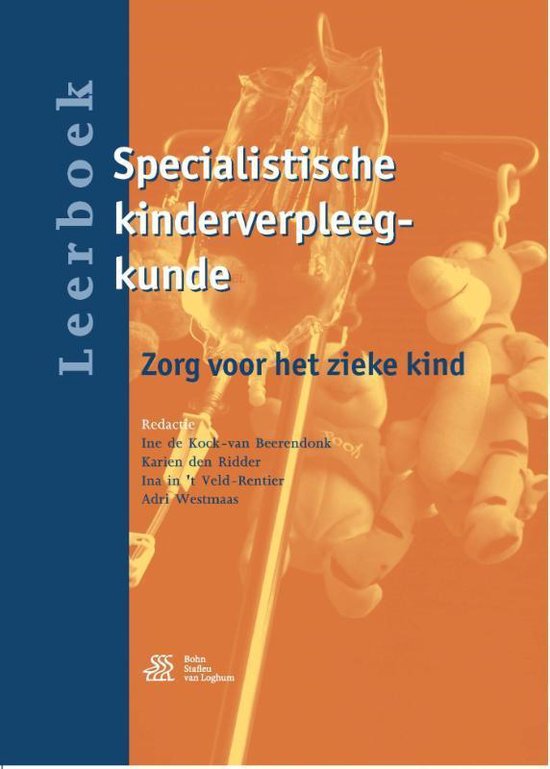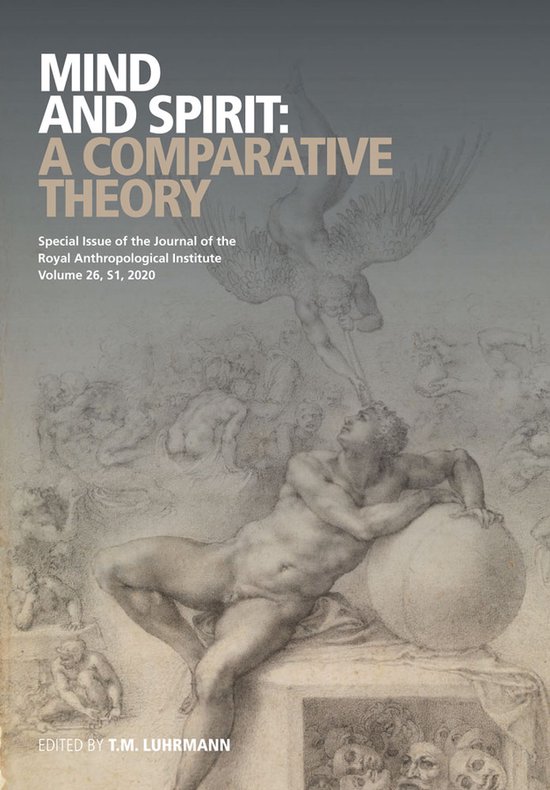
Mind and Spirit
Does the way we think about our minds matter? Our judgements about what counts as thought are so intimate that we may not even realize that we make them. But we do – and the way we make them has consequences for our sense of the real.
The Mind and Spirit project, presented in this volume, found that the way people think about thinking shapes the way they experience (what they take to be) gods and spirits. The authors are a team of anthropologists and psychologists who worked together for two years across sites in the United States, Ghana, Thailand, China, and Vanuatu. We argue that there are cultural differences in the way social worlds represent ‘the mind’ – we call these local theories of mind – and that these differences affect whether and how people, for instance, hear the voices of the dead or feel the presence of God. We find that the ways people think about thought and interiority can alter human sensory experience itself.
Does the way we think about our minds matter? Our judgements about what counts as thought are so intimate that we may not even realize that we make them. But we do – and the way we make them has consequences for our sense of the real.
- The Mind and Spirit project (presented in this volume) finds that the way people think about thinking, shapes the way they experience (what they take to be) gods and spirits
- Authors are a team of anthropologists and psychologists who worked together for two years across sites in the United States, Ghana, Thailand, China, and Vanuatu
- Argues that there are cultural differences in the way social worlds represent ‘the mind’ – we call these local theories of mind – and that these differences affect whether and how people, for instance, hear the voices of the dead or feel the presence of God
- Discusses how the ways people think about thought and interiority can alter human sensory experience itself
| Auteur | | Tm Luhrmann |
| Taal | | Engels |
| Type | | Paperback |
| Categorie | | Mens & Maatschappij |
